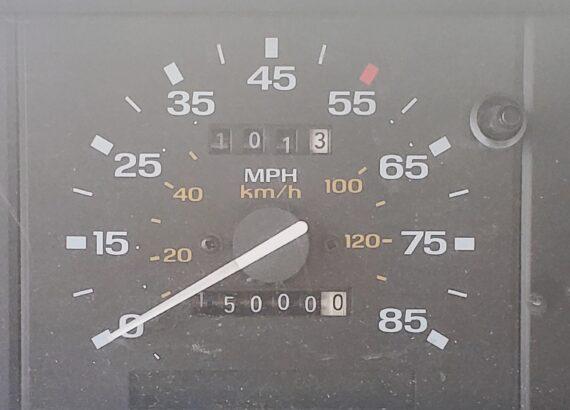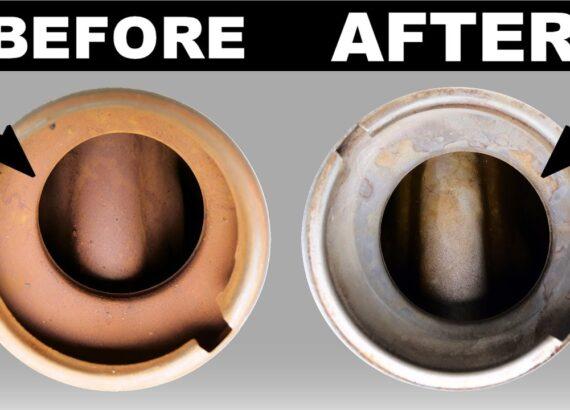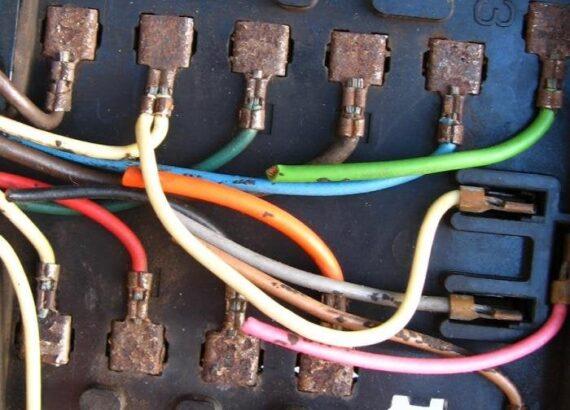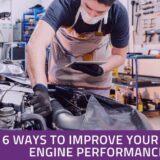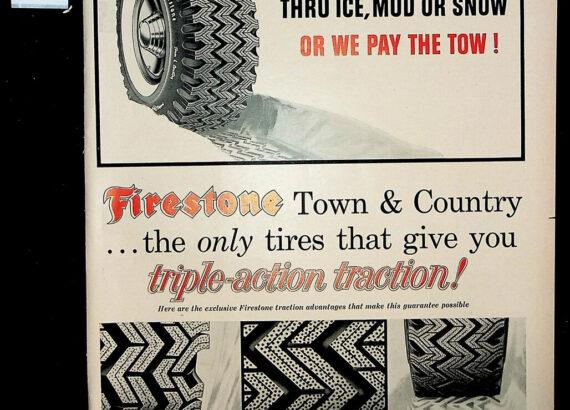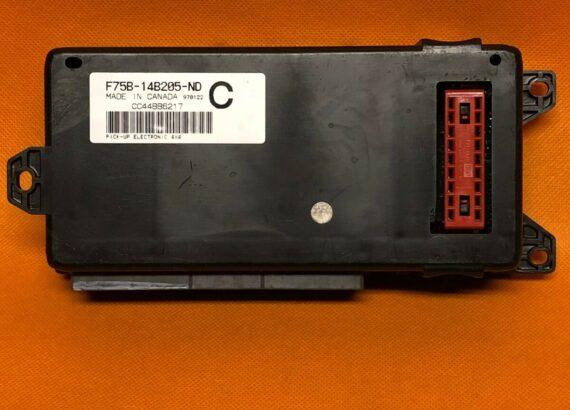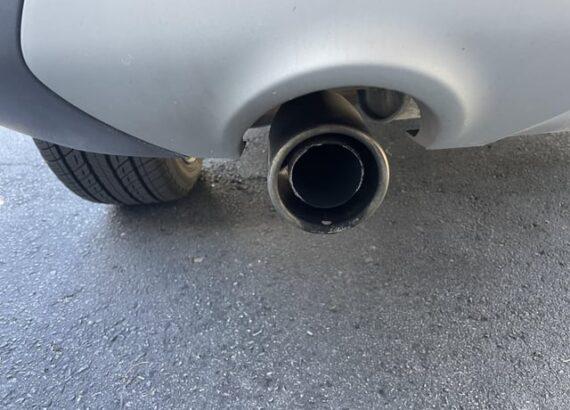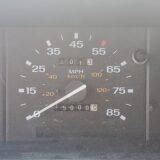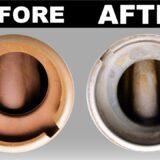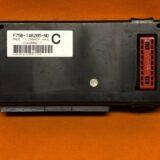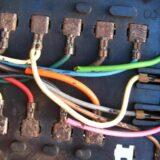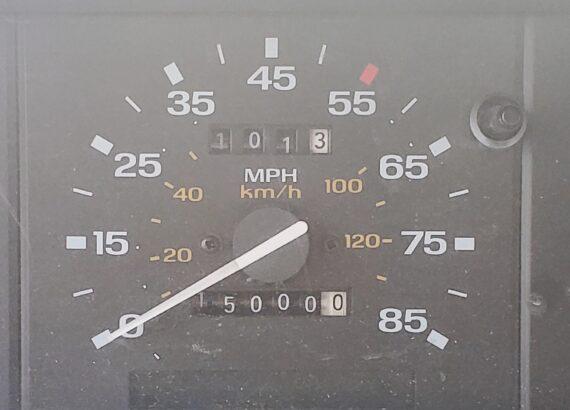![Horsepower vs Torque: MAXIMIZE Car Engine Performance [2025]](https://siumpro.com/wp-content/uploads/car-engine-horsepower-vs-torque-845x550.jpg)
Horsepower vs Torque: MAXIMIZE Car Engine Performance [2025]
Horsepower measures an engine’s total power output, while torque quantifies the engine’s rotational force. Both are crucial for vehicle performance.
Horsepower and torque are fundamental terms in automotive engineering. Horsepower, often abbreviated as HP, indicates how quickly an engine can perform work. Torque, measured in pound-feet (lb-ft), represents the engine’s twisting force. While horsepower influences top speed, torque affects acceleration and towing capacity.
Understanding these metrics helps in choosing the right vehicle for specific needs. High torque is beneficial for heavy-duty tasks and quick acceleration, while high horsepower is essential for achieving higher speeds. Both metrics are vital for overall vehicle performance and efficiency.
Defining Horsepower
Car enthusiasts often discuss horsepower and torque. But what exactly is horsepower? Understanding horsepower helps in grasping car performance. Let’s delve into the concept of horsepower.
What Is Horsepower?
Horsepower measures the power of your car’s engine. It indicates how fast your car can go. Higher horsepower means more speed. This term was coined by James Watt.
Watt compared engine power to horsepower. One horsepower equals the power to move 550 pounds one foot in one second. This unit helps compare different engines.
How Horsepower Is Measured
Horsepower measurement involves a dynamometer. The dynamometer tests engine power output. It calculates the force applied and the engine speed.
The formula to measure horsepower is:
Horsepower = (Torque x RPM) / 5252Here, RPM stands for revolutions per minute. Torque is the engine’s turning force. Combining these gives the horsepower value.
Different types of horsepower exist:
- Brake Horsepower (BHP): Power without any load.
- Wheel Horsepower (WHP): Power at the wheels.
- Shaft Horsepower (SHP): Power delivered to the propeller shaft.
Defining Torque
Torque plays a key role in a car’s performance. It affects acceleration and towing capacity. Understanding torque helps you choose the right vehicle for your needs.
What Is Torque?
Torque is a measure of rotational force. Imagine using a wrench to turn a bolt. The force you apply creates torque. It’s the same in a car engine. The engine applies force to the crankshaft, creating rotation. This rotation moves the wheels.
Torque is crucial for tasks requiring power. For instance, towing or climbing steep hills. Higher torque means more pulling power. This makes torque important for trucks and heavy-duty vehicles.
How Torque Is Measured
Torque is typically measured in pound-feet (lb-ft) or Newton-meters (Nm). These units show the force applied at a distance from the pivot point.
| Measurement Unit | Symbol |
|---|---|
| Pound-feet | lb-ft |
| Newton-meters | Nm |
To measure torque, use a dynamometer. This tool measures the force applied to a rotating shaft. The reading helps engineers fine-tune engine performance. Higher torque at lower RPMs means better acceleration from a standstill.
Engine torque can be affected by several factors:
- Engine size
- Fuel type
- Compression ratio
- Turbocharging or supercharging
Understanding these factors helps in evaluating a car’s performance. Choose a vehicle with suitable torque for your driving needs.
Horsepower Vs Torque
Many car enthusiasts debate horsepower and torque. Both are essential for a car’s performance. But what do they really mean? Let’s dive into the key differences and clear some misconceptions.
Key Differences
Horsepower measures the engine’s power output. It shows how fast your car can go. In contrast, torque measures the engine’s twisting force. It determines how quickly your car can accelerate.
Think of horsepower as the speed of a runner. Meanwhile, torque is like the runner’s strength. Both are crucial for a complete performance.
| Aspect | Horsepower | Torque |
|---|---|---|
| Definition | The engine’s power output | The engine’s twisting force |
| Measurement | How fast can a car go | How quickly a car can accelerate |
| Analogy | Speed of a runner | Strength of a runner |
Common Misconceptions
Many believe horsepower is all that matters. This isn’t true. A car with high horsepower but low torque may struggle to accelerate quickly.
Another myth is that torque only matters for trucks. In reality, torque is vital for all vehicles. It helps in everyday driving, especially during starts and stops.
- Myth: More horsepower always means a faster car.
- Fact: Balance of horsepower and torque delivers optimal performance.
- Myth: Torque is only for heavy-duty vehicles.
- Fact: Torque benefits all types of vehicles.

Credit: www.youtube.com
Impact On Vehicle Performance
The Impact on Vehicle Performance is a crucial aspect of understanding car engine horsepower and torque. Both these metrics play significant roles in how a vehicle performs under various conditions. This section delves into how horsepower and torque affect acceleration, speed, towing, and hauling capabilities.
Acceleration And Speed
Horsepower and torque are both vital for a car’s acceleration. Horsepower determines the car’s top speed, while torque affects how quickly the car can reach that speed.
- Horsepower: Higher horsepower means higher top speed.
- Torque: More torque means better acceleration from a standstill.
In a race, a car with higher horsepower will win in the long run. But a car with more torque will have a quicker start.
Towing And Hauling
For towing and hauling, torque is more important than horsepower. Torque provides the pulling power needed to move heavy loads.
| Metric | Impact |
|---|---|
| Horsepower | Higher horsepower can maintain speed while towing. |
| Torque | Higher torque allows for better pulling power. |
Trucks and SUVs often have engines with high torque. This design helps them easily tow heavy trailers and haul large loads.
- Check the torque rating for better towing.
- Consider horsepower for maintaining speed.
In summary, understanding the roles of horsepower and torque helps you choose the right vehicle for your needs. Whether it’s for speed or towing, knowing these metrics can make a significant difference in vehicle performance.
Practical Applications
Understanding horsepower and torque helps you choose the right car. These two elements affect different aspects of driving. Here’s how they apply in real-world situations.
Everyday Driving
For daily commutes, torque is more critical. Torque determines how quickly a car can move from a stop. Higher torque offers better acceleration at lower speeds.
Horsepower comes into play when cruising at high speeds. It helps maintain speed on highways. A balance between both ensures a smooth drive.
| Factor | Importance in Everyday Driving |
|---|---|
| Horsepower | Maintains high speeds |
| Torque | Quick acceleration |
Motorsports And Racing
In racing, both horsepower and torque are crucial. Horsepower determines top speeds, and racers need high horsepower to stay ahead on straight tracks.
Torque is vital for quick turns and acceleration out of corners. It ensures the car can quickly regain speed after slowing down.
- Drag Racing: High horsepower for maximum speed.
- Rally Racing: High torque for quick starts and sharp turns.
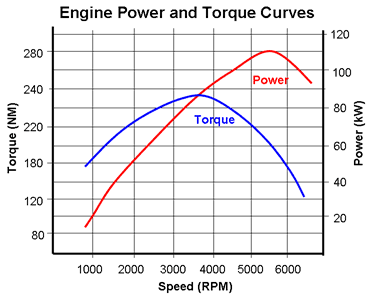
Credit: www.horizontechnology.biz
Choosing The Right Balance
Choosing the right balance between horsepower and torque is essential for a car’s performance. While horsepower determines the car’s top speed, torque affects its acceleration and towing capability. Striking a balance ensures that the vehicle meets your driving needs efficiently and effectively.
Factors To Consider
Several factors influence the balance between horsepower and torque:
- Driving Conditions: City driving requires more torque for quick acceleration. Highway driving benefits from higher horsepower for sustained speed.
- Vehicle Type: Trucks and SUVs need more torque for towing. Sports cars often prioritize horsepower for speed.
- Fuel Efficiency: Higher horsepower can reduce fuel efficiency. Balanced engines often offer better fuel economy.
Examples Of Balanced Vehicles
Some vehicles achieve an excellent balance between horsepower and torque:
| Vehicle | Horsepower (HP) | Torque (lb-ft) |
|---|---|---|
| BMW 3 Series | 255 HP | 295 lb-ft |
| Ford F-150 | 290 HP | 265 lb-ft |
| Honda Accord | 192 HP | 192 lb-ft |
These examples show that a well-balanced vehicle performs well in various driving conditions. They offer a mix of speed, acceleration, and efficiency.
Future Trends
Car engine technology is rapidly evolving. Horsepower and torque play crucial roles in vehicle performance. As the automotive industry advances, new trends are emerging.
Innovations In Engine Technology
Engine technology is constantly improving. Engineers are focusing on boosting efficiency and performance. Innovations include:
- Turbocharging: Increases power output without enlarging the engine.
- Variable Valve Timing: Enhances both power and fuel efficiency.
- Direct Injection: Improves fuel combustion and power.
These technologies aim to produce more horsepower and torque. They also reduce emissions and fuel consumption.
Electric And Hybrid Powertrains
Electric and hybrid vehicles are gaining popularity. They offer a new approach to horsepower and torque.
Electric motors provide instant torque, which results in quick acceleration. Hybrid systems combine electric motors with internal combustion engines, improving fuel economy and performance.
Future trends in this area include:
- Solid-state batteries: Increase energy density and reduce weight.
- Regenerative braking: Recovers energy during braking to power the motor.
- Advanced power management systems: Optimize the use of electric and gasoline power.
The shift towards electric and hybrid powertrains is significant. It represents a move towards a more sustainable future.
Both horsepower and torque remain vital in these new powertrains. Electric motors are designed to provide high torque at low speeds, enhancing the driving experience.

Credit: www.kbb.com
Frequently Asked Questions
What Is Horsepower In A Car?
Horsepower measures the engine’s power output. It determines how quickly a car can accelerate and reach top speed.
What Does Torque Do In A Car?
Torque measures the engine’s rotational force. It helps the car move from a standstill and affects towing capacity.
How Are Horsepower And Torque Different?
Horsepower measures power output. Torque measures rotational force. Both are crucial for different aspects of vehicle performance.
Why Is Torque Important For Towing?
Torque provides the necessary force to pull heavy loads. Higher torque means better towing capacity and performance.
Can A Car Have High Horsepower And Low Torque?
Yes, it’s possible. High horsepower affects speed, while low torque may impact acceleration and towing abilities.
Which Is Better: Horsepower Or Torque?
Neither is better. Horsepower affects speed, and torque affects acceleration and towing. Both are important for overall performance.
How Do You Increase Car Horsepower?
Increasing horsepower involves engine modifications like turbocharging, supercharging, or upgrading exhaust systems and air intake.
Conclusion
Understanding horsepower and torque is crucial for car enthusiasts and buyers. Both metrics offer valuable insights into vehicle performance. Horsepower measures speed, while torque gauges pulling power. Choose based on your driving needs. Prioritize horsepower for speed and torque for towing.
Use this knowledge to make an informed vehicle choice.

Sium is a passionate automotive enthusiast and writer at SiumPro. With a deep understanding of cars and a keen eye for detail, Sium brings valuable insights and engaging content to readers. From reviews to tips and industry updates to delivering informative and enjoyable automotive articles.
